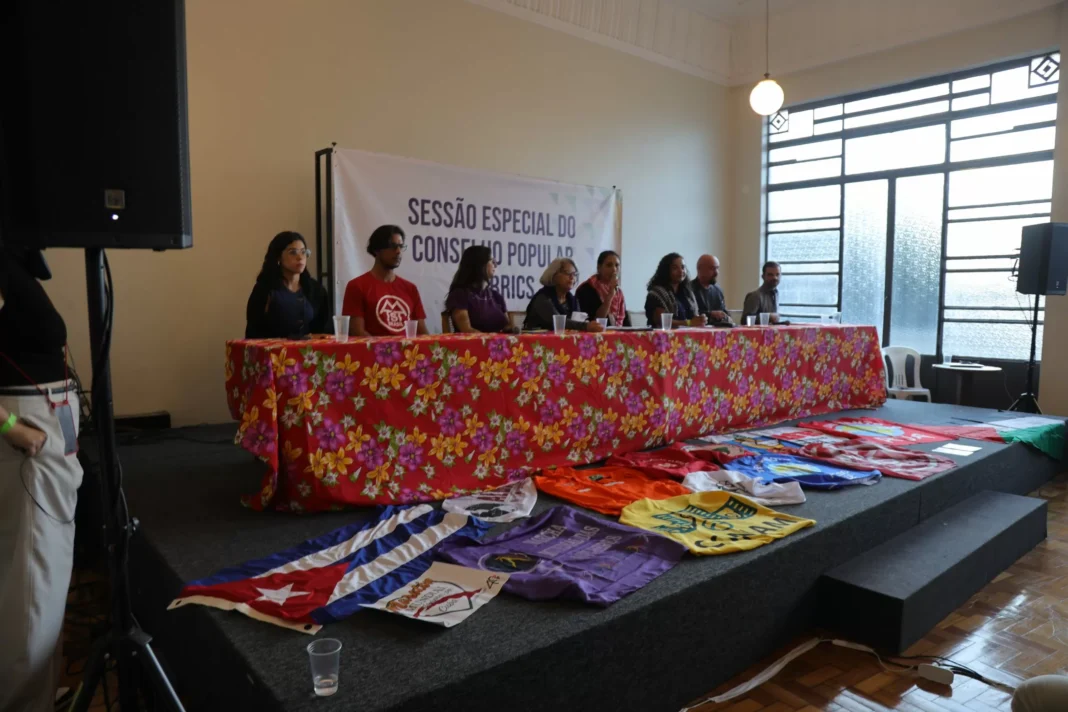BRICS: A Rising Power in the Global Order
In today’s world, power dynamics are constantly changing, and the emergence of BRICS has been a significant development. BRICS stands for Brazil, Russia, India, China, and South Africa – a group of five developing countries with immense potential and influence in the global arena. Their latest summit, held in Xiamen, China, has made it clear that they are determined to reform the global order from the bottom up. This move has certainly caught the attention of the world, with the United States in particular expressing concerns about this rising power. However, one thing is clear: BRICS is here to stay and is ready to shake up the traditional power structure.
BRICS is a relatively new concept, formed in 2009 with the aim of promoting economic, political, and cultural cooperation among its member states. Today, it has evolved into a powerful economic bloc, accounting for 42% of the world’s population and 23% of global GDP. It is no wonder that the BRICS nations are now recognized as emerging powers, with an increasing influence in global affairs. Their latest summit showcased not only their economic might but also their determination to become a force to be reckoned with in the international system.
One of the major agendas of the BRICS summit was to reform the global order, which has long been dominated by the Western powers. The group believes that this order has not been inclusive and has not adequately represented the interests of developing nations. They are determined to change this by advocating for a more multipolar world, with a fair representation of all countries, regardless of their economic status. In their joint declaration, the leaders of BRICS stated that they are committed to “a more just, democratic, multipolar and representative international order” and called for a “comprehensive reform of the UN, including its Security Council.”
This bold move by BRICS has clearly caused some unease among the established powers, particularly the United States. The US has long held a dominant position in the global order, and the rise of BRICS challenges this status quo. As expected, the US has expressed its concerns about BRICS’ intentions, labeling them as a threat to the current international system. However, this reaction is not surprising, as any change to the existing power structure is always met with resistance. But the BRICS nations are determined to push for this change and create a more balanced and fair world order.
The BRICS summit not only focused on global governance but also discussed issues such as trade, technology, and sustainable development. One of the key initiatives launched was the establishment of the BRICS New Development Bank (NDB), which aims to provide funding for infrastructure and sustainable development projects in developing countries. This initiative is a testament to BRICS’ commitment to not only their own economic growth but also the development of other developing nations. The establishment of the Contingent Reserve Arrangement, another key initiative, aims to provide financial support to member states during times of economic crisis. These initiatives demonstrate the group’s determination to support each other and to work towards a more equitable world order.
The summit also highlighted the importance of cooperation and partnership among the BRICS nations. The leaders recognized the need to strengthen ties and promote common interests, especially in areas such as trade, investment, and technology. This cooperation will undoubtedly benefit each member state and help to boost their economies. Moreover, it will also contribute towards achieving the United Nations’ Sustainable Development Goals, demonstrating BRICS’ commitment to a better world for all.
In addition to their economic might, BRICS also has a rich cultural heritage, making them unique and diverse. This was reflected in the summit’s cultural events, showcasing the group’s vibrant cultures and traditions. Furthermore, the BRICS countries have also launched various initiatives to promote people-to-people exchanges, such as scholarship programs and youth conferences. These initiatives will not only strengthen bonds among BRICS nations but also promote a better understanding of different cultures and perspectives.
In conclusion, the BRICS summit has once again demonstrated the group’s determination to reform the global order and become a major player in international affairs. The world can no longer ignore the potential and power of these developing nations. Despite concerns from established powers, BRICS has made it clear that they are not aiming to overthrow the current global order, but rather to create a fair and equitable one. The rise of BRICS is a sign of a changing world, with developing countries now


